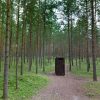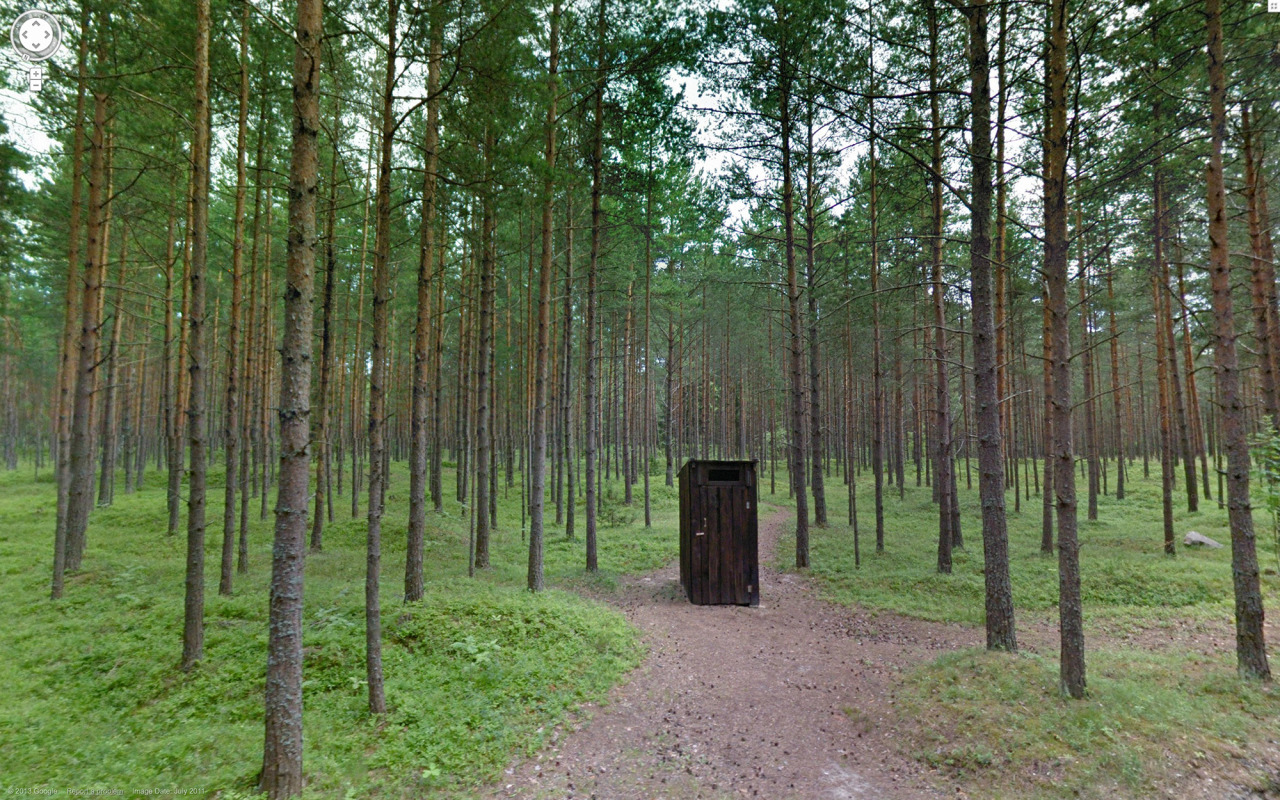Photo by Jon Rafman
Keywords: worldmaking, worlding, global imaginations, temporalities, art, media, infrastructures
The theme of the 2016-2017 ASCA Cities Seminar is “Urban World-Making”. We are interested in examining how processes of world-making feature in the production of urban environments and across creative, cultural and political practices under conditions of globalization.
Taking the philosophical concept of worldmaking (Goodman 1992) as its departure point, the seminar will ask how it might be expanded beyond the role of language and symbolic forms in co-creating worlds. We will critically evaluate this concept in light of the challenges to notions of a unified world (and worldview) posed by decolonial and intersectional theories, and explore its relation to ideas of worlding elaborated by Gayatri Spivak and others. Our discussions will acknowledge the modes and expressions by which urban worlds are imagined, experienced, aestheticized and organised. In what ways are global processes bound up with lived experience and affective geographies? How is the imagination of world systems or global connectivity articulated in creative praxis? And which methods – including and extending beyond visualisation – can be used to track urban processes, relations or temporal flows? Engaging with and expanding on these questions, the seminar will explore how contemporary forms of world-making are constituted, and are indelibly intertwined with power relations and spatiotemporal processes.
The seminar seeks to analyse urban world-making by exploring a diverse set of case studies. From participatory art projects in Brazilian favelas and creative “re-making” in crisis and permanent austerity, to social networks, planetary scale computing and visions of urban migration, the seminar aims to bring concrete urban case studies into dialogue with cultural-theoretical work on worlding and world-making. In doing so, it will also consider the current interest in designing cities for a post-capitalist future, as addressed from vantages ranging from a “politics of hope” (Appadurai 2013, Srnicek and Williams 2015) to participatory design (Mitrasinovic 2015) and equitable infrastructures (Bratton 2016).
Sept. 30, 2016: Focused Reading and Discussion. Led by Carolyn Birdsall and Niall Martin, Location: room 101A, Universiteitstheater (Nieuwe Doelenstraat 16-18), Time: 3-5pm
Oct. 28, 2016: Claire Launchbury (School of Advanced Study, University of London): “Beirut, 1982″, Location: room C1.23, OMHP (Oudemanhuispoort 4-6), Time: 3-5pm
Nov. 18, 2016: Rivke Jaffe (University of Amsterdam): “Selling the Slum: Aesthetics and Branding in Poverty Tourism”, Location: room 101A, Universiteitstheater (Nieuwe Doelenstraat 16-18), Time 3-5pm
Dec. 16, 2016: Simone Kalkman (University of Amsterdam): “Favelas at the Biennale: Exhibiting Informal Brazilian Architecture in Europe”, Location: room C1.05, OMHP (Oudemanhuispoort 4-6), Time 3-5pm
Feb. 17, 2017: Claudio Minca, (Wageningen University): “Camp Geographies”, Location: Belle van Zuylenzaal, University Library (Singel 425), Time 3-5pm
Mar. 17, 2017: Ben Anderson (Durham University): “Neoliberal Structures of Feeling”, Location: Belle van Zuylenzaal, University Library (Singel 425), Time 3-5pm [16.03.17: unfortunately this lecture has been cancelled due to illness]
Apr. 21, 2017: Kevin Ward (University of Manchester): “Assembling Urban Policy as an Exercise in Worlding the City”, Location: room F 2.08B, Bushuis (Kloveniersburgwal 48), Time 3-5pm
May 19, 2017: Miriam Meissner (Lancaster University), “Kondo-ing the City: Anti-Accumulation, Housekeeping, and the Post-Ecological Condition”, Location: room F 2.08B, Bushuis (Kloveniersburgwal 48), Time 3-5pm
For more information, please contact Carolyn Birdsall or Niall Martin

